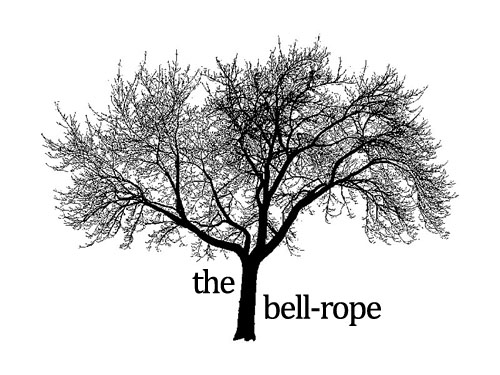When traveling, one expects to meet people ranging in ideology, profession, attitude, age, dress, ambition, language, culture, but my own experience demonstrates quite the opposite to be true. (I am talking here of fast travel, or, for some Europeans, "American" travel, where the aim is diversity and not immersion.) A natural habitat of the fast traveler is the hostel, and there, alas, he will meet but one person. Let me describe her (or him). On average, she is Australian and 22 years old; she's been traveling for months and is still months from the end; she has "done" more cities than she can list, and went to school for ______ but has unspecified plans for her return that may vaguely involve a farm or a start-up business. She is on a Eurail pass or equivalent and is leaving for Budapest in the morning. (They are always leaving for Budapest in the morning.)
In his new preface to The Great Railway Bazaar, written some thirty-five years after his initial train journey across Asia and Europe, Paul Theroux (my steadfast companion through the last leg of travel) refers to the early 1960s as "an age of mass tourism" in which "everyone set off to see the same things." Imagine what it must be like now, fifty years later. When the flight from Frankfurt to Barcelona costs less than bus fare to the airport, when young adults of all means and origins are traveling for six months or a year to "find themselves" in hostel bars and nightclubs with backpacker specials, one can easily touch down in Italy or Slovakia or England and find oneself always surrounded by exactly the same people.
This is not entirely a bad thing. There is something new to be found here, a kind of slipperiness of place that we don't normally encounter ensconced at home; a shifting, mutable landscape of vibrant cities and blurred hordes that register briefly in the eyes of the traveler, what the world must look like from the perspective of a frantic winged insect. I was constantly surprised to discover what the residents of the places I visited thought of travel when I asked them, when, in response to their envious murmurs at the sight of my photos or my listed itinerary, I suggested they do the same. To them (and it was always the same), travel is heavy; travel is a mountain unsticking. The town two hours down the street was as good as across an ocean; for me it was a passing glance from my window-seat on the way to far more distant reaches. The traveler perceives the world through a distorted lens, a kind of fish-eye that wraps and warps the edges of things into smears of colour and hazy definition. England is small - look how close the coasts are! Berlin to Warsaw is an hour. Milan to Paris isn't worth taking your laptop on board for. A three-month Eurail gets you up to 21 countries, which most purchasers do their best to cover. Most of the residents I encountered had never been to the places in their own countries I was planning to visit, and could tell me nothing about them.
This is, shall we say, only one way to travel. I am not talking about the ecstasy of disappearing into a place that is not your own, of forgetting, after months and perhaps years, all the things you always thought were constant and necessary in your previous life. What I'm describing is disappearing into constant motion, into a home whose only constant is the ever-receding horizon and the momentum of the hunt. You begin to see yourself as the one who is fixed, unmoving, a north star amid all these tragic figures with their houses and fireplaces and cars who rush toward you and then rush behind, a whole sky of glimmering points that revolve around your true and steady core. The world turns and you are the axis. And at any point you can reach across the revolving globe, your fingers probing inquisitively at this place or that, across small patches of ocean and rivers like hairs, to pluck at the fruit of some far-reaching place as if from a branch reaching over the fence from your neighbour's yard.
Wednesday, April 21, 2010
Subscribe to:
Post Comments (Atom)

2 comments:
Voir mille objets pour la première et pour la dernière fois, quoi de plus mélancolique et de plus profond! Voyager, c'est naître et mourir à chaque instant.
-Hugo, Les misérables
That's really nice.
Post a Comment